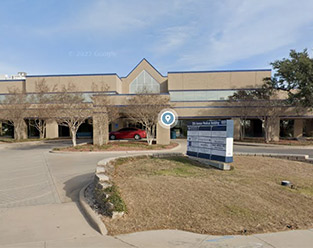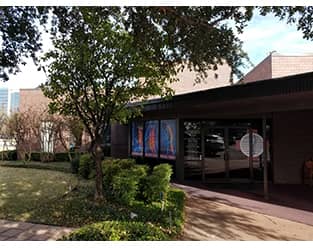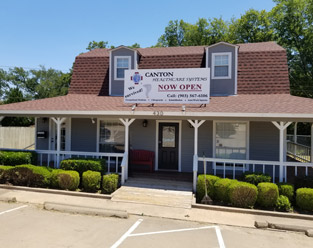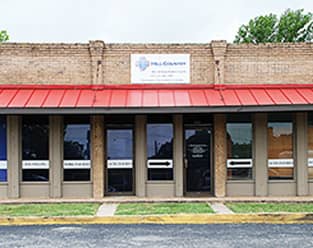Whiplash Injuries
Things You May Not Know About Whiplash
 Approximately three million Americans suffer a whiplash injury every year, with the vast majority of those injuries caused by motor vehicle accidents. About one in ten people who incur a whiplash injury become permanently disabled, and more than a million people experience chronic pain because of whiplash. Here are some other things most people don’t know about whiplash:
Approximately three million Americans suffer a whiplash injury every year, with the vast majority of those injuries caused by motor vehicle accidents. About one in ten people who incur a whiplash injury become permanently disabled, and more than a million people experience chronic pain because of whiplash. Here are some other things most people don’t know about whiplash:
- Most whiplash injuries occur at relatively low speeds—A study by the Spine Research Institute of San Diego found that most whiplash injuries are sustained in crashes at or below 12 miles per hour. Another study found that nearly one in three people exhibited symptoms of whiplash after rear-end collisions at speeds as low as 2.5 miles per hour. A number of factors determine your risk of whiplash, including whether you’re wearing a seatbelt, whether you brace for the impact, and whether your head or torso rotates before, or as a result of, the collision.
- It may take a while for symptoms to appear—Don’t be surprised if these symptoms show up days, or even a week, after the accident: shoulder and neck pain, numbness or tingling, headaches, swelling in your neck, nausea, dizziness, or blurred vision. The length of time it takes for symptoms to appear varies with everyone.
- Whiplash can cause injury to the vertebrae in the neck—The vertebrae in your neck form a curve, known as cervical lordosis. Whiplash can interfere with the natural curve, causing the upper part of your neck to bend forward and the lower vertebrae to hyperextend. A fracture of your cervical spine may not appear on a normal X-ray, but an experienced medical professional can diagnose such a condition with a physical exam.
Contact Us to Set Up an Appointment
At Advantage Healthcare Systems, we have extensive experience working successfully with individuals who suffer whiplash injuries. Call us toll-free at 1-877-487-8289 or fill out the form provided below to schedule an assessment. We offer locations across Texas, including Fort Worth, Dallas, and San Antonio.





